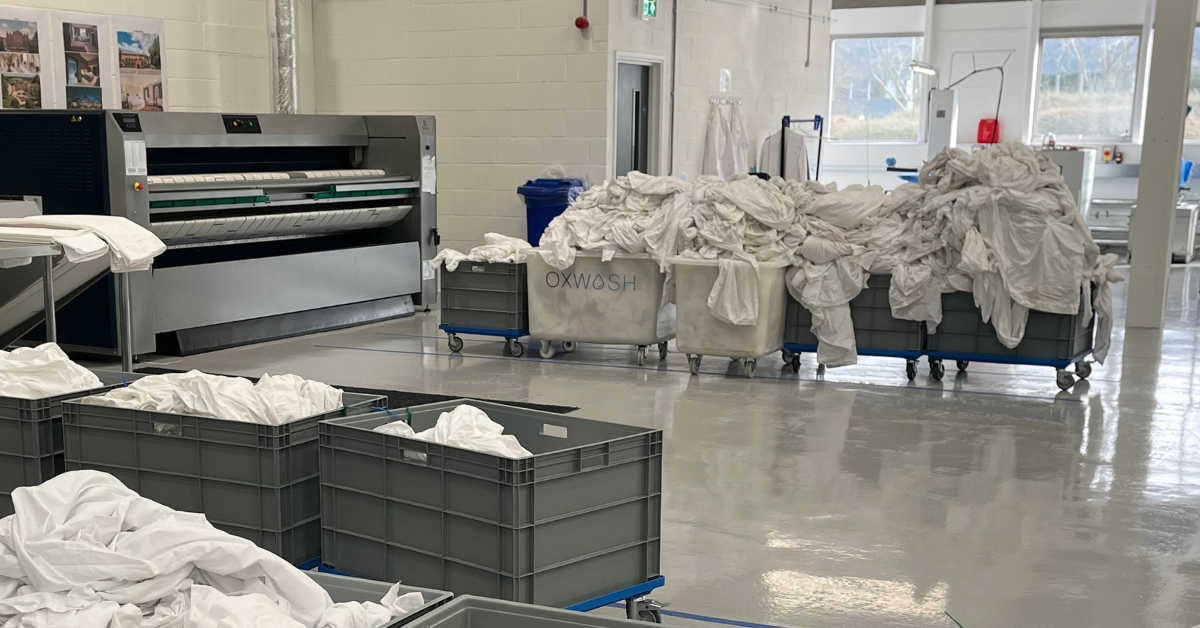Sustainability in healthcare procurement: Balancing cost and responsibility


Business & Insights
Hotels
Short-Lets
The NHS has committed to reaching net zero by 2045. For suppliers, this means stepping up when it comes to sustainability. But how can organisations effectively manage costs while upholding their commitment to environmental and social responsibility?
The tension between cost and sustainability
The healthcare sector is no stranger to the pressures of cost management. From medical equipment and pharmaceuticals to facility maintenance and operational supplies, every procurement decision carries financial implications. However, in recent years, there has been a growing recognition of the environmental and social impacts associated with healthcare procurement practices.
One of the key challenges faced by healthcare procurement professionals is the tension between cost and sustainability. On one hand, there is a pressing need to control expenses and maximise resources to deliver quality patient care. On the other hand, there is a growing imperative to adopt sustainable practices that minimise waste, reduce carbon emissions, and promote ethical sourcing.
To effectively address this challenge, healthcare organisations must adopt a strategic approach to procurement that integrates sustainability into decision-making processes. This involves considering factors such as product lifecycle, environmental footprint, and social impact alongside traditional cost considerations.
Supplier selection
A crucial aspect of sustainable procurement in healthcare is supplier selection. By partnering with suppliers who share their commitment to sustainability, healthcare organisations can ensure that the products and services they procure align with their environmental and social values.
This requires careful vetting of suppliers and ongoing collaboration to promote transparency and accountability throughout the supply chain.
Transparency
Transparency is another cornerstone of sustainable procurement in healthcare. Organisations must have visibility into the environmental and social practices of their suppliers to make informed decisions.
This includes understanding the origin of materials, the manufacturing process, and the labour practices involved in producing healthcare products and services.
Cost-benefit analysis
While sustainable products and services may sometimes come at a higher initial cost, organisations must consider the long-term benefits, including reduced operational costs, improved public perception, and compliance with regulatory requirements.
By conducting thorough cost-benefit analyses, healthcare organisations can make informed decisions that optimise both financial and sustainability outcomes.
Collaboration
Collaboration is key to achieving sustainable procurement in healthcare. By working closely with suppliers, healthcare organisations can identify opportunities for innovation and continuous improvement.
This may involve exploring alternative materials, implementing waste reduction strategies, or investing in renewable energy sources.
The benefits of sustainable procurement
Despite the challenges, the benefits of sustainable procurement in healthcare are significant. By prioritising sustainability, healthcare organisations can reduce their environmental impact, enhance their reputation, and contribute to the health and well-being of communities.
Moreover, sustainable procurement practices can lead to cost savings through improved efficiency, reduced waste, and increased resilience to external shocks.
Bringing sustainability to the forefront
Sustainability in healthcare procurement is a multifaceted challenge that requires careful consideration of cost, environmental impact, and social responsibility. By adopting a strategic approach that integrates sustainability into decision-making processes, healthcare organisations can achieve a balance between financial efficiency and ethical sourcing.
Through collaboration with suppliers and stakeholders, healthcare procurement professionals can drive positive change and create a more sustainable future for the healthcare sector.
Learn more about how Oxwash facilitates sustainable and cost-effective procurement for healthcare laundry.
Looking for sustainable procurement solutions?
Related Articles


B Corp™ certified.


Surpassing NHS-grade disinfection.













